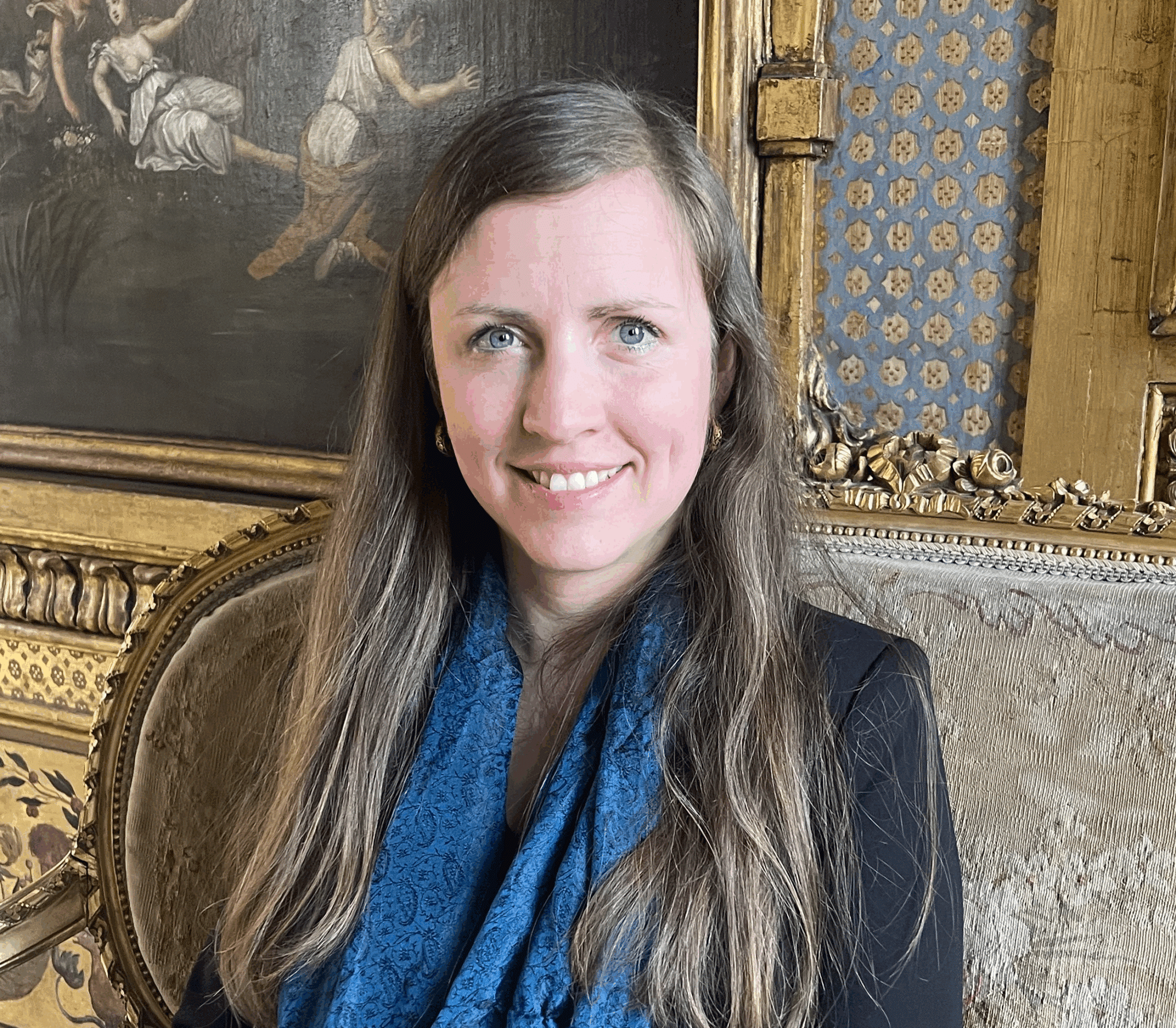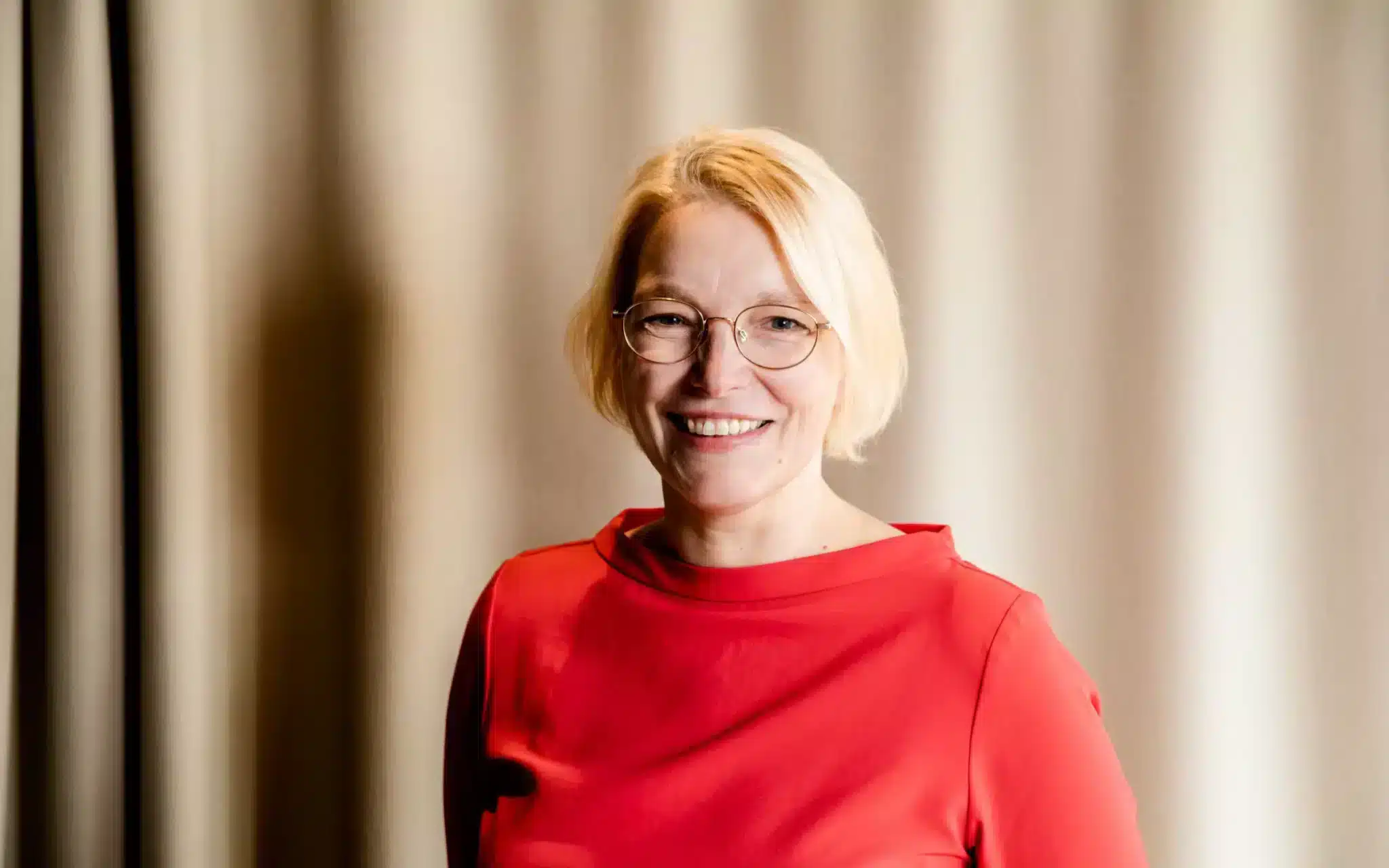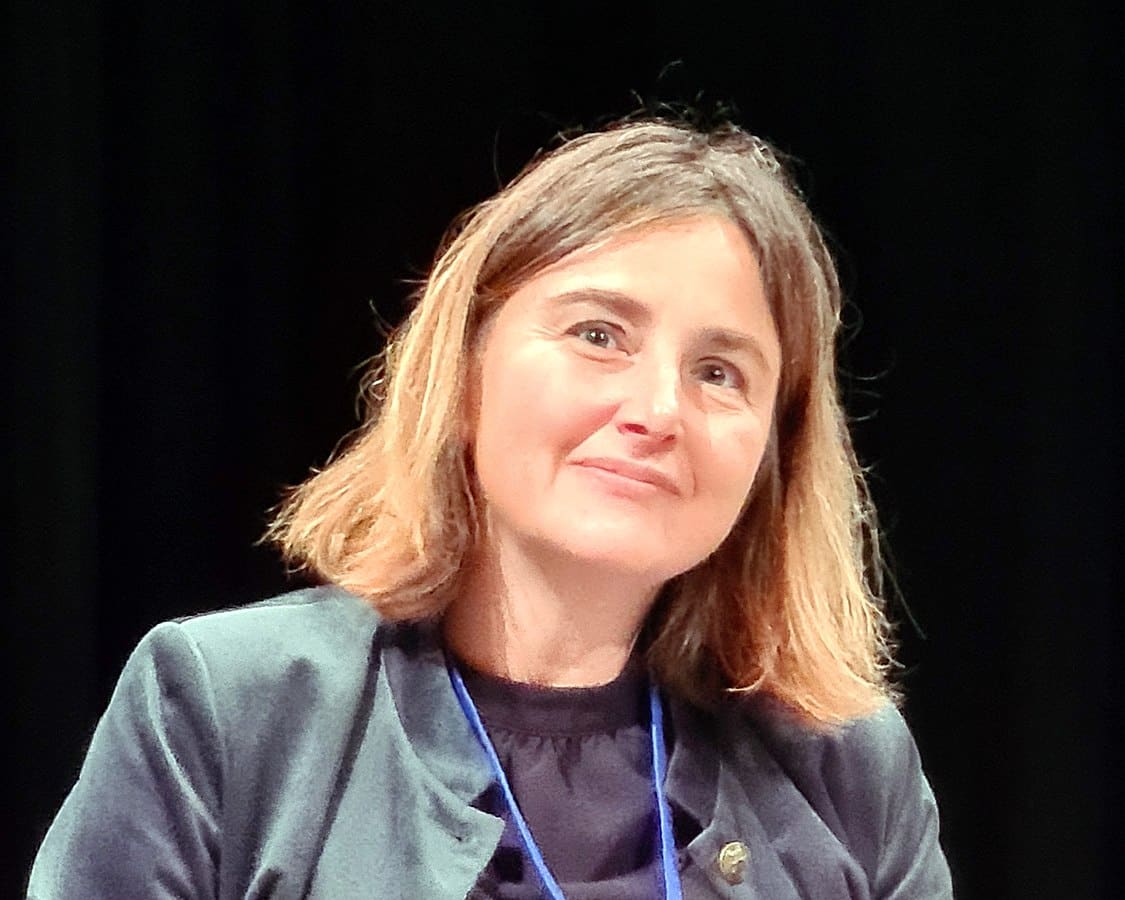Marie Mallet-Garcia
Researcher, University of OxfordMarie Mallet-Garcia is a Senior Lecturer at the Sorbonne Nouvelle University, and a researcher at COMPAS, University of Oxford.
Read more

A joint initiative between the University of Bergen
and CMI – Chr. Michelsen Institute
How do current asylum policies and the shift towards temporary protection impact the well-being and future aspirations of Ukrainian refugees?
In the wake of Russia’s full-scale war on Ukraine in 2022, European states mobilized rapidly to receive Ukrainian refugees. The EU’s Temporary Protection Directive provided immediate refuge and access to essential services and employment, while exempting Ukrainians from the restrictive asylum procedures applied to other refugee groups.
In Norway, this meant that the asylum system was responding quickly in receiving and settling the asylum seekers from Ukraine. However, the reliance on temporary collective protections signals a broader shift in asylum policies—from permanent settlement towards precarious time-limited legal status.
For Ukrainian refugees, temporary protection status affects their access to employment, housing and overall livelihood. This panel compares reception policies across European countries, including Norway, and examines how the temporariness of protection shapes refugees’ daily lives and long-term prospects.
As the war continues, and refugee numbers remain high, some states—including Norway—have introduced new restrictions on entry or social rights for Ukrainians fleeing the war. One key area of divergence concerns the right to visit one’s country of origin. While many European countries allow Ukrainians to travel back to Ukraine, Norway imposed restrictions on this right in December 2023.
This panel examines the implications of such policies, particularly how mobility restrictions influence refugees’ well-being and prospects, on the one hand, and the meaning of mobility for Ukrainians, on the other. In various European countries, we have seen a paradigm shift with a number of restrictions intended to reduce the number of refugees. What are the consequences of such changes?
Additionally, the panel explores the role of public welfare systems and alternative support mechanisms in mitigating the uncertainties of temporary protection in different European countries, including how Ukrainian refugees navigate mobility and transnational welfare strategies to sustain their livelihoods. Furthermore, the panel will consider how the precarious legal status associated with temporary protection affects labour market participation and how it may impact refugees’ vulnerability to labour exploitation and impede longer-term settlement.
Facebook eventMarie Mallet-Garcia is a Senior Lecturer at the Sorbonne Nouvelle University, and a researcher at COMPAS, University of Oxford.
Read moreCamille Schmoll is Director of Studies at EHESS, a geographer and member of the CNRS team “Géographie-cités”, and a fellow of Institut Convergences Migrations.
Read moreSynnøve Bendixsen is professor of anthropology at UiB. Her work relates to migration issues, more specifically to migrants along the Balkan route, irregular migrants in Norway and Islam and Muslims in Europe.
Read moreAre John Knudsen is Research Professor at the Chr. Michelsen Institute (CMI) and an International Fellow at Institut Convergences Migrations (ICM), Paris.
Read more
Marie Mallet-Garcia is a Senior Lecturer at the Sorbonne Nouvelle University, and a researcher at COMPAS, University of Oxford.
Her research primarily focuses on immigration and the integration of migrants into the host society, particularly through access to social services. She is especially interested in the role of local contexts in the social inclusion processes of migrants with precarious legal status.

Lena Näre is Professor of Sociology at the University of Helsinki, Finland.
Professor Näre’s research focuses on migration, asylum, transnationalism, ageing, care work and precarity. She is currently leading two research projects: ’Tackling Precarious and Informal Work in the Nordic countries’ and ‘Caring Labour: A multi-modal study of migrant workers’ care practices and mobilities’.
She is also a partner in a Horizon project ‘Improving the living and labour conditions of irregularised migrant households in Europe’. Currently, she serves as the chair of Nordic Sociological Association.

Camille Schmoll is Director of Studies at EHESS, a geographer and member of the CNRS team “Géographie-cités”, and a fellow of Institut Convergences Migrations.
Her research topics include migration policies; gender and space; urban approaches to migration patterns; cosmopolitanism and borders; gender generation and the family in international migration; qualitative approaches to migration.

Synnøve Bendixsen is professor of anthropology at UiB. Her work relates to migration issues, more specifically to migrants along the Balkan route, irregular migrants in Norway and Islam and Muslims in Europe.
Her research interests include focus on informal labour marked, the refiguration of the subject-citizen, migration dynamics, political mobilisation, marginalization, border processes and technologies of control.

Are John Knudsen is Research Professor at the Chr. Michelsen Institute (CMI) and an International Fellow at Institut Convergences Migrations (ICM), Paris.
Knudsen specializes in forced displacement, camp-based and urban refugees in the Middle East, particularly Lebanon. His research focuses on emergency urbanism and shelter architectures in camps and informal areas and he has published books, chapters, and journal articles on these topics.